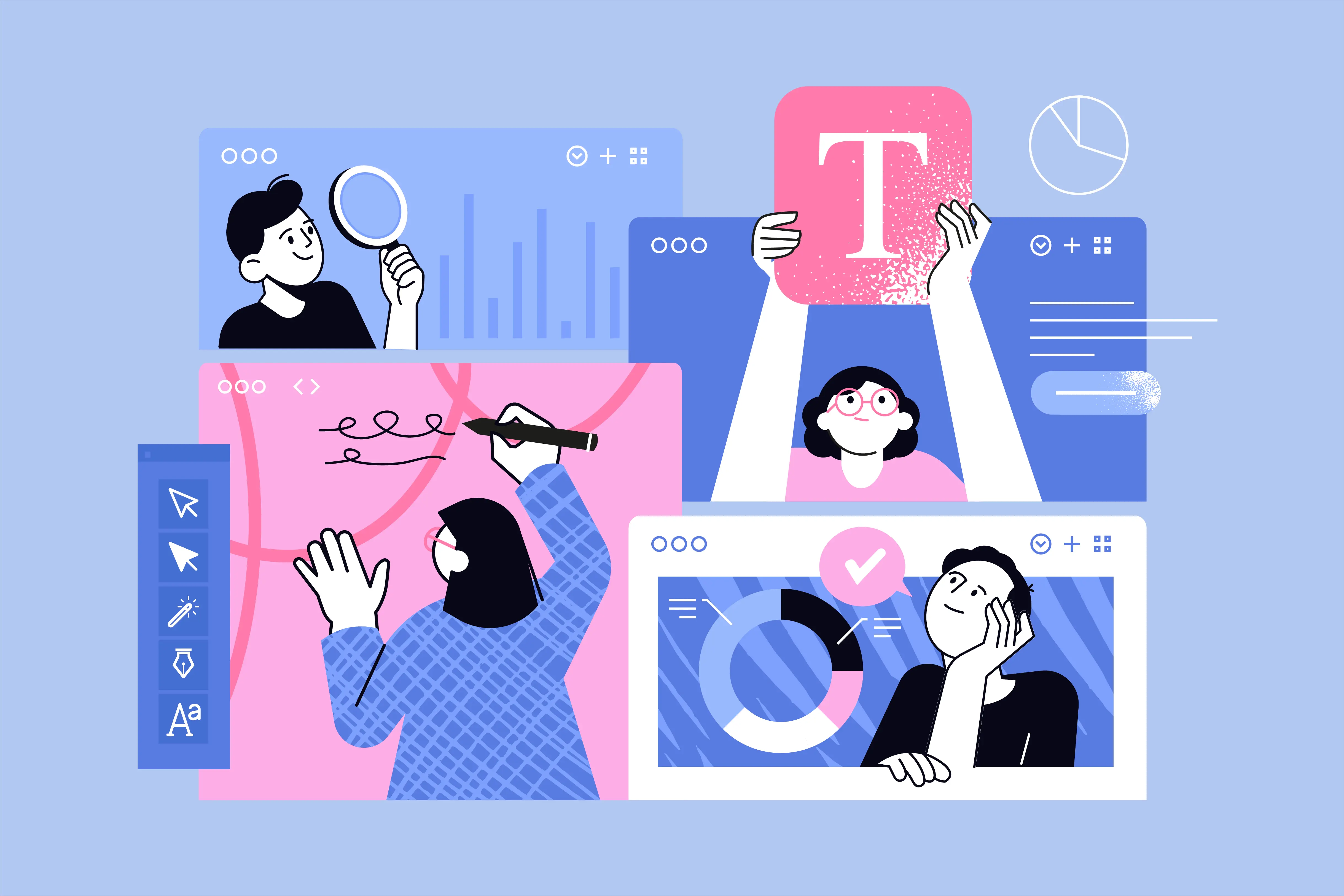The End of Paperwork Paralysis: How Voice AI Frees Clinicians for Patient Care
Learn how AlloMia's Voice AI combats clinician burnout by automating documentation and administrative tasks, saving hours of work and improving patient care.
Anthony Gauthier
Co-founder & Chief Clinical Officer

The End of Paperwork Paralysis: How Voice AI Frees Clinicians for Patient Care
The healthcare industry is currently grappling with a pervasive and often silent crisis: widespread clinician burnout. This critical issue is primarily fueled by an overwhelming deluge of administrative workloads, an endless stream of paperwork, and the dreaded phenomenon of "pajama time"—hours spent after clinic closing, catching up on electronic health records (EHRs) and other documentation. These relentless demands are stretching dedicated medical professionals to their absolute limits, impacting not only their personal well-being and professional satisfaction but, more critically, significantly detracting from the invaluable time they could otherwise dedicate to what truly matters: direct, empathetic patient care.
However, amidst this growing challenge, a powerful and transformative solution is rapidly emerging. Advanced healthcare conversational AI and AI voice assistants are stepping forward, not merely as innovative patient-facing tools, but as indispensable, clinician-centric allies meticulously designed to combat burnout at its very source. By intelligently automating and streamlining burdensome tasks, these AI-powered healthcare assistants are poised to revolutionize the daily lives of healthcare providers, allowing them to reclaim their time and refocus on their core mission.
Key Takeaways:
- Reclaim Valuable Time: Voice AI can save clinicians up to 44 hours per month by automating documentation.²⁵
- Boost Efficiency: AI-powered tools have been shown to improve clinical efficiency by approximately 46% after just six months of use.²⁵
- Reduce Burnout: By automating repetitive tasks, AI alleviates the administrative burden that is a primary driver of staff burnout.
- Improve Patient Focus: Less time on paperwork means more time for meaningful, direct patient interaction.
- 24/7 Support: Modern healthcare AI phone agents provide round-the-clock support, reducing after-hours administrative burden.
Reclaiming Invaluable Time with Hands-Free Documentation and Intelligent Scribing
One of the most pervasive and significant drains on a clinician's precious time is the relentless burden of documentation. This administrative overhead not only consumes hours but also diverts focus from direct patient interaction. Voice AI for healthcare offers a direct, powerful, and transformative solution through advanced hands-free documentation and intelligent medical scribing.
Imagine a streamlined workflow where clinicians can simply articulate their observations, diagnoses, and treatment plans naturally, either during or immediately after a patient visit. The AI, powered by sophisticated Natural Language Processing (NLP) and Large Language Models (LLMs)—technologies that form the backbone of modern voice AI systems—accurately transcribes the spoken word, intelligently extracts key information, and generates complete, structured notes that seamlessly integrate with the Electronic Health Record (EHR).²² This process goes beyond mere transcription; it involves intelligent summarization and contextual understanding.
This is not a minor convenience or a marginal improvement; it represents a fundamental transformation of the clinical workflow. Numerous studies and real-world implementations have consistently demonstrated that AI voice tools can significantly cut down on clinician work hours, saving valuable time that can be immediately redirected to patient care, professional development, or even personal well-being.²⁵ This reclaimed time is invaluable, allowing doctors, nurses, and other healthcare professionals to dedicate their expertise and empathy to their patients, rather than being tethered to keyboards and screens.
Streamlining the Entire Clinical Workflow with Healthcare Workflow Automation
The benefits of an AI voice assistant in healthcare extend beyond just dictation. Modern healthcare workflow automation with AI can improve the entire clinic workflow by automating other time-consuming administrative tasks:
- Automated Appointment Scheduling: A virtual medical receptionist can handle the entire lifecycle of streamlining appointment scheduling, from initial booking to confirmations and rescheduling, reducing the back-and-forth that often pulls clinicians into logistical matters. This comprehensive approach to front office automation helps create a more efficient healthcare environment.¹
- Seamless EHR Integration: AI-generated notes and data can be integrated directly into the EHR system, ensuring accuracy and reducing the risk of manual entry errors. This integration capability is particularly valuable for healthcare organizations looking to modernize their clinical documentation processes.
- Handling Routine Requests: The system can manage high call volumes and routine prescription refill requests, filtering out administrative noise so clinicians can focus on clinical decisions.
- 24/7 Patient Support: Healthcare AI phone agents can provide 24/7 healthcare phone assistance, handling after-hours inquiries and reducing the burden on clinical staff during non-business hours.
The Tangible Impact on Clinician Well-being
When you reduce physician burnout with AI and decrease staff burnout with AI agents, you create a healthier and more sustainable work environment. By automating the tasks that cause the most friction, AI voice agents for healthcare deliver tangible benefits to clinician well-being:
- Less After-Hours Work: Automating after-hours calls and eliminating hours of daily paperwork means clinicians can leave work on time and enjoy a better work-life balance.
- Increased Job Satisfaction: Focusing on patient care instead of administrative drudgery leads to greater professional fulfillment and helps increase patient satisfaction through more focused interactions.
- Practicing at the Top of Their License: AI empowers skilled medical professionals to dedicate their expertise to complex problem-solving and patient care, not data entry.
- Enhanced Patient Engagement: With more time available for direct patient interaction, clinicians can enhance patient engagement with voice technology and provide more personalized care.
Key Applications of AI Voice Agents for Clinicians
| Category | Specific Use Cases | Impact on Clinicians |
|---|---|---|
| Clinical Support | Hands-Free Documentation, Medical Scribing, Early Warning Systems | Reduces paperwork, improves accuracy, allows for more patient focus.⁶ |
| Administrative Automation | Medical Front Desk Automation, Appointment Scheduling, Prescription Refills | Frees up time from logistical tasks, reduces interruptions.¹ |
| Patient Interaction | Automate Patient Triage, Medication Reminders, AI Patient Support | Ensures patients are prepared for visits, improves adherence to care plans.¹ |
| Compliance & Security | HIPAA Compliant AI Assistant capabilities, Secure Patient Data handling | Maintains regulatory compliance while improving efficiency.⁶ |
Building a Comprehensive Business Case for AI Implementation
The implementation of healthcare voice bots and medical voice bots represents more than just a technological upgrade—it's a strategic investment in the sustainability of healthcare operations. Healthcare organizations implementing these solutions often see significant returns on investment through reduced staffing costs, improved patient satisfaction, and enhanced operational efficiency.
The benefits extend beyond immediate cost savings. By implementing SOC 2 compliant healthcare voice AI solutions, organizations can ensure that their automation efforts meet the highest security standards while providing the reliability that healthcare environments demand. This comprehensive approach to healthcare automation creates a foundation for long-term operational success.
A Healthier System for Patients and Providers
Investing in tools that support clinicians is a direct investment in the quality of patient care. By alleviating the burden of paperwork and streamlining workflows, AlloMia's Voice AI for healthcare helps create a healthcare system that is more efficient, more sustainable, and more focused on the human side of medicine.
As healthcare organizations continue to face staffing challenges and increasing patient volumes, the role of AI voice assistants in healthcare becomes increasingly critical. These systems don't replace the human touch that is essential to quality healthcare—instead, they amplify it by freeing clinicians to focus on what they do best: caring for patients with expertise, empathy, and dedication.
The future of healthcare lies not in choosing between human expertise and artificial intelligence, but in leveraging both to create a more effective, efficient, and compassionate healthcare system for all.
Ready to Transform Patient Care?
Discover how AI voice agents can streamline your healthcare operations and enhance patient experiences.
By Anthony Gauthier
Co-founder & Chief Clinical Officer
Healthcare shouldn't be complicated for patients or providers. As a practicing pharmacist and operations leader, I bring real-world clinical experience to every aspect of AlloMia's development. My mission is ensuring our AI voice technology integrates seamlessly into healthcare workflows while maintaining the highest standards of patient safety and regulatory compliance.
Related Articles
Continue exploring our AI Insights


